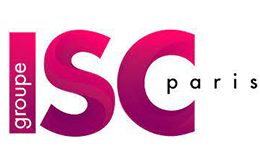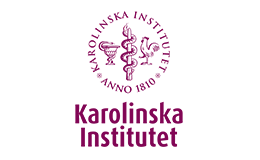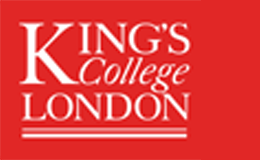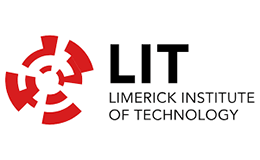MASTER'S ABROAD PROCEDURE
What is the procedure to study Masters Abroad

MASTER'S ABROAD PROCEDURE
1. Research – Be aware:-
There is a reason that your groundwork has to be strong. A lot of finances are involved, the next few years will be far away from home, and with this much hard work you expect to be satisfied with the choices and decisions you make now. Get hinged to your aspirations and make choices accordingly. Be aware of the current scenarios of pursuing an abroad degree. Find a country that will suit you best with the cost of living, university location, on-campus accommodation, part-time job options, students from the same country, university rankings, scholarships, faculties, extracurricular activities, etc.
2. University selection:-
The next step, where the actual admission process starts is selecting the right university for you. You need to churn out all the universities that suit your desired master’s program and make a list based on your priority. This might be a lengthy process and may require counseling too. So, generally, you must start the admission process 15 months before the admission deadlines. While selecting universities check the program offered, duration, fees, internship and assistantship opportunities, placement records in that particular program, scholarship options, etc. You can take help from a professional counselor, or your friends, parents, or relatives living abroad at this initial stage which relieves some stress and also makes the process easier.
3. Check Eligibility:-
Once you are done with shortlisting universities, get the application form online or request one from the university. Before going further with the admission process, you must check with the eligibility of the master’s course according to your chosen program. Different programs and universities have different eligibility requirements. A basic eligibility specification is listed below:-
1. 16 years of previous education, so
- 10+ 2+ 4 years of the degree program or,
- 10+ 3 years of diploma + 3 years of degree or,
- 10+ 2+ 3 years of degree (Indian B.Sc) + 2 years of master’s (M.Sc) are eligible.
2. Academic transcripts of the bachelor program or listed in your application form.
3. Standardized entry-level tests like GRE, TOEFL, GMAT, and IELTS.
4. Exams required:-
To get an entry to the Master’s courses, there are several standardized tests set by the universities. Check the university’s official website or the application form for the tests to be taken. You also must start preparing and registering for these tests, so by the time you
are set to send your application, you get the test scores as well. Following are the general tests which are required for a master’s degree abroad:
- GRE
- GMAT
- MCAT (For medical studies)
- LSAT (For law studies)
Language proficiency test for international students:-
- TOEFL – Canada, US, and Commonwealth countries.
- IELTS/PTE – New Zealand, Australia, UK, Germany.
- CAE/CPE- UK.
5. Statement of Purpose (SOP):-
SOPs are essays that describe why you want to pursue this master’s degree and also about your academic journey and achievements and your future goals through this degree. You should clearly and briefly specify your intentions in pursuing a master’s degree. SOP is one way you can highlight your personal strengths, inspirations, and future perspective. Abroad universities are always in search of some uniqueness in the applicants other than academic performances. Also, keep your SOP within the word limit set by the university.
6. Letters of Recommendation (LOR):-
Letters of recommendation are important as the admission committee of the university gets to learn more about you through the people you have worked with or been under the guidance of. LORs should reflect your academic excellence (maybe a best-scored subject), Project achievements, interpersonal skills accomplishments in work, etc. These LORs should be from your college professors where you studied your previous degree and employers if you have work experience. Most universities demand about 2-3 letters of recommendation from applicants.
7. Resume:-
Some universities also demand a resume/CV from the students to submit along with the application form. This includes basic information about you, academic qualifications, date of birth, etc.
8. Documents checklist:-
Gather all the required documents and make a checklist. Here, you have to be careful with setting all the paperwork. You can check on the university website’s application
pages for the detailed documents required for your chosen master’s program. However, a general ‘Application Packet’ must contain:-
- Copy of online application form
- Proof/copies of test scores (GRE/TOEFL, etc)
- Academic transcripts for the specification of qualification listed by the university.
- Resume
- Statement of Purpose (SOP)
- Letters of Recommendation (LOR)
- Financial documents(Loan proof if any, income proof, scholarship letter, etc)
- Work experience certificates(if any)
- Photocopies of passport
- Other achievements certificates(if required)
- Application fee [Dollar demand draft or online payment for online and mail applications]
9. Send Applications:-
Check the deadlines and submit your applications prior to the last dates to avoid the last-minute hassle. You can send the application and all the documents by post to the universities which offered you admission. Some universities accept applications online which is a simpler and faster process. Some universities also accept applications through email. The email-ID and postal address can be obtained from the official website of the selected universities.
10. Offer letter and visa applications:-
Most universities reply with their acceptance or rejection of admission within a few weeks from the deadline. Once you get offered by universities, reply with a ‘yes’ or ‘no’ to every offer. After confirmation, start applying for a student visa according to the country you are going to. General documents required for a visa include sponsor letter of the university offering you the course, proof of the certain amount of funds for living and tuition, affidavit, language proficiency proofs, valid passport, and visa application form.




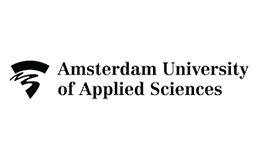

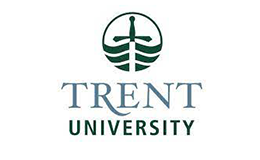
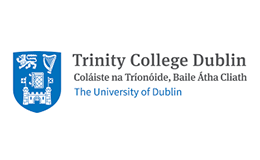



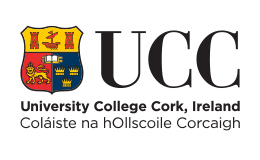
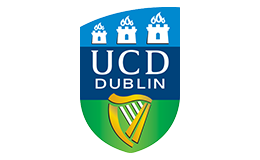
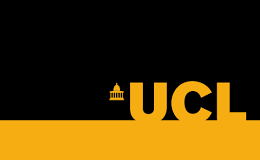

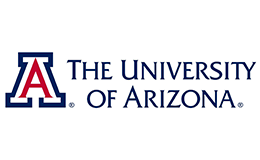
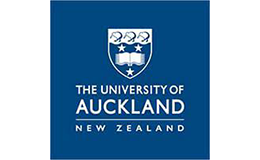
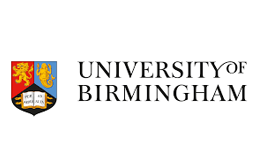
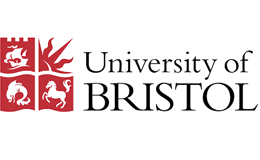
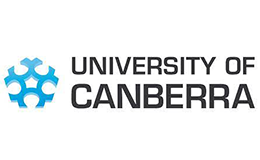
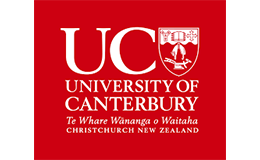
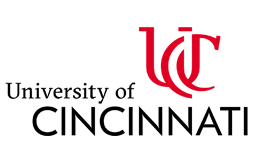
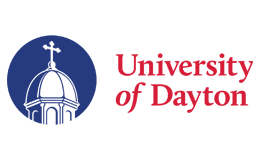

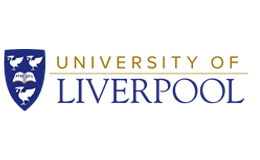
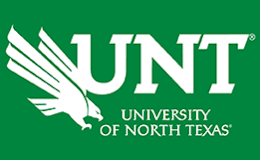
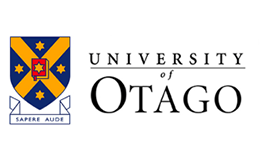
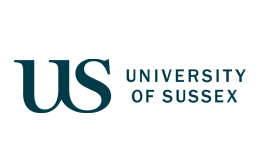
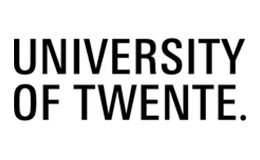
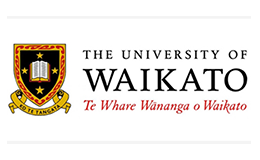
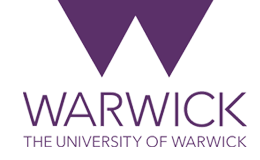
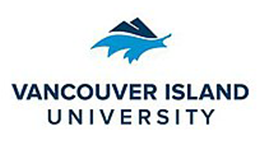
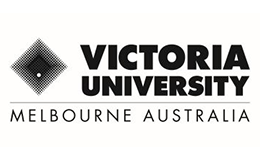
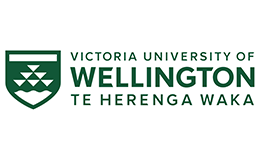
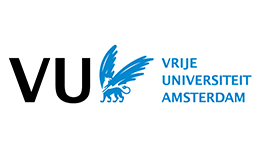


.png)
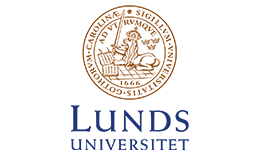
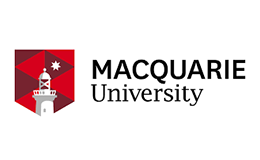
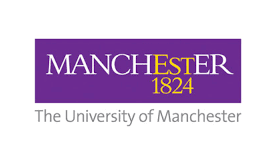

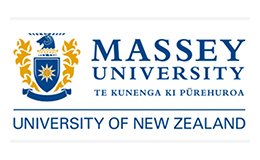
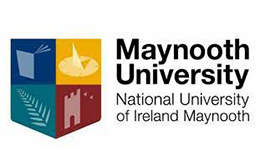

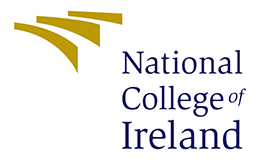
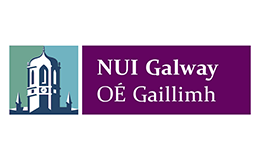
.png)



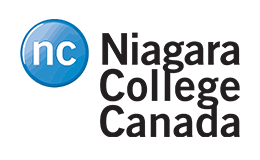
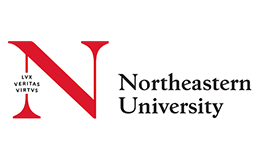
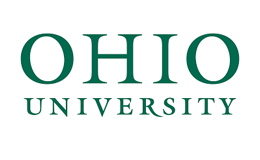
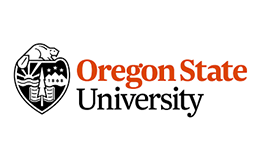
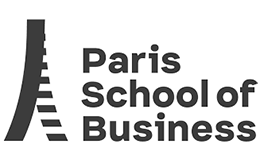
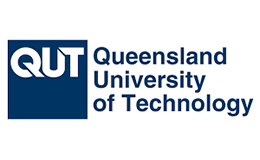
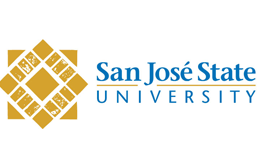


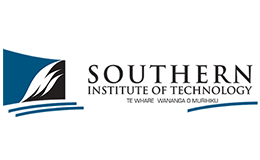
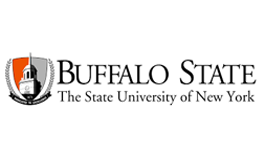
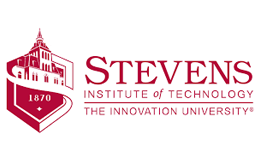
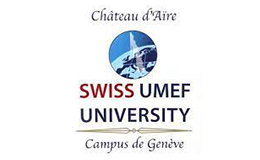
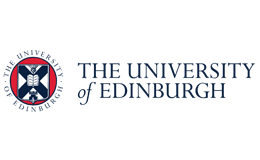

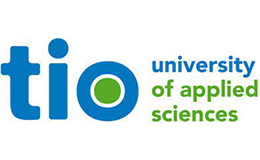
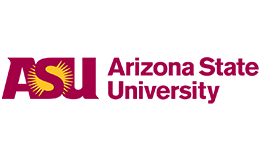

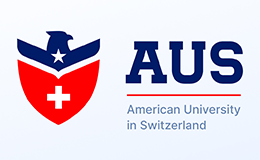
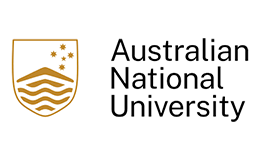
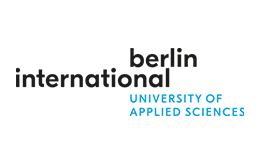
.png)




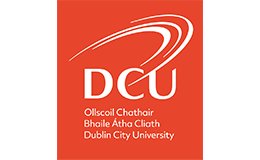

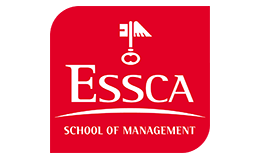



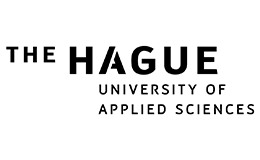
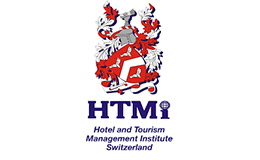

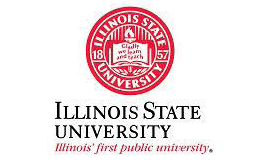

.png)
